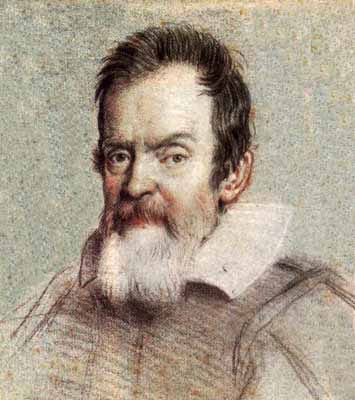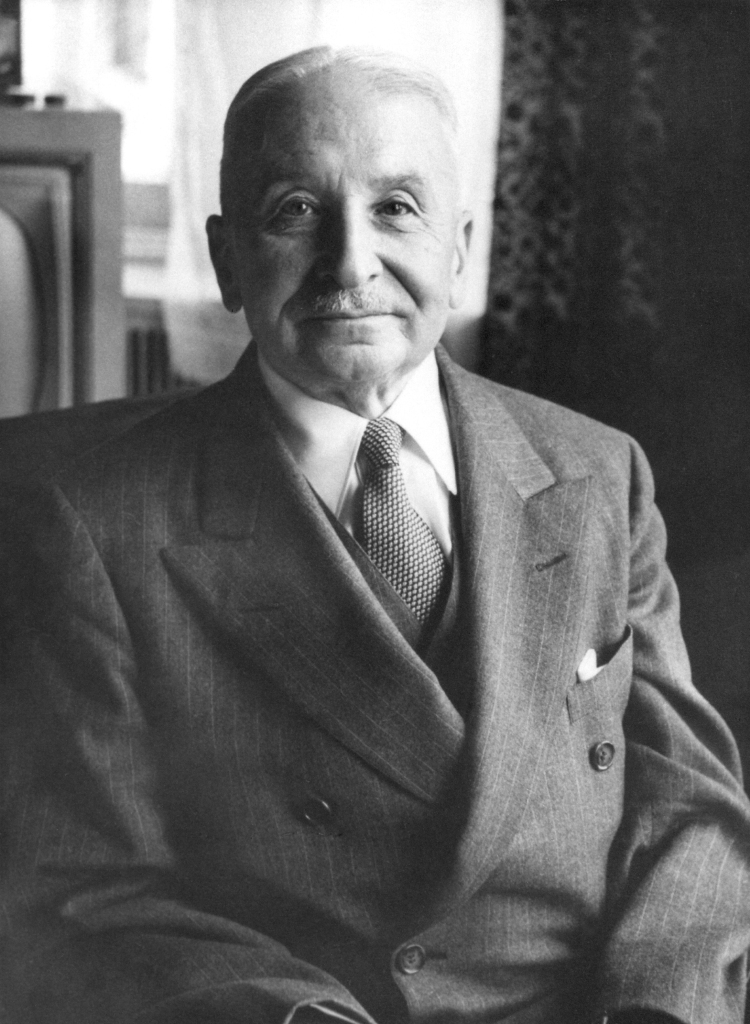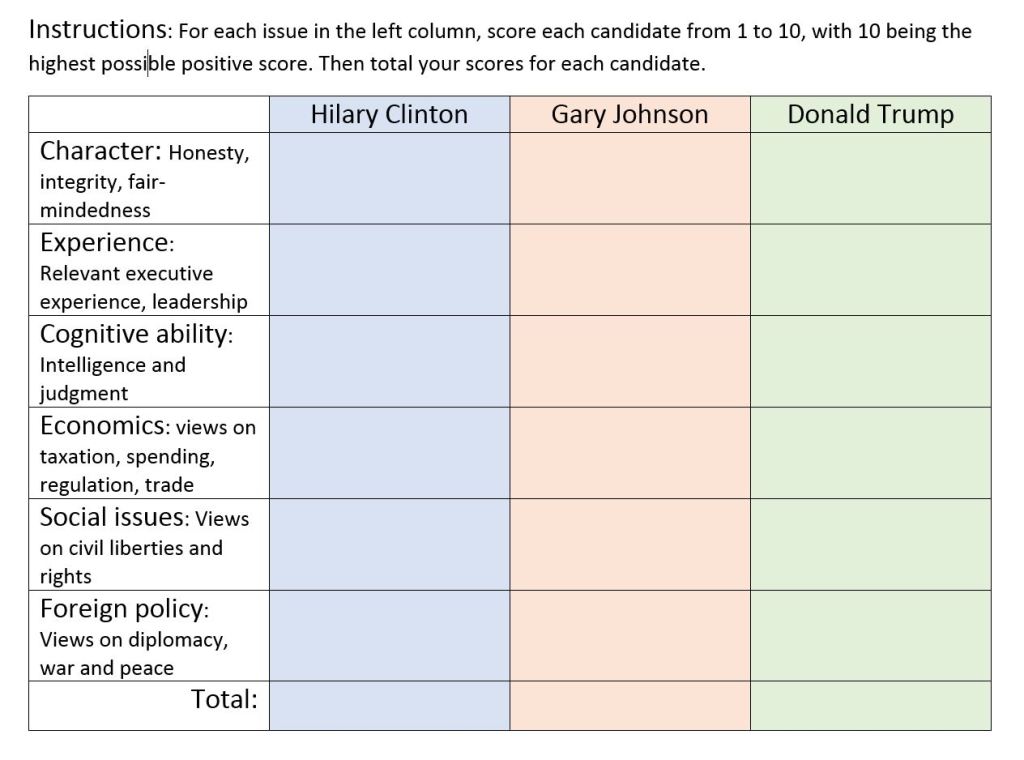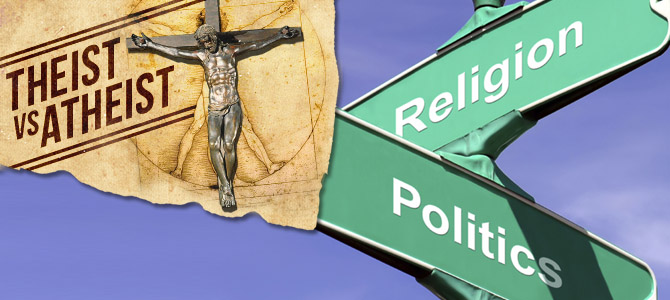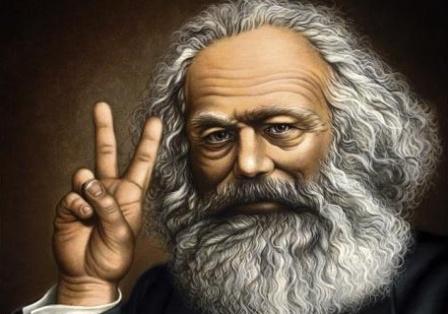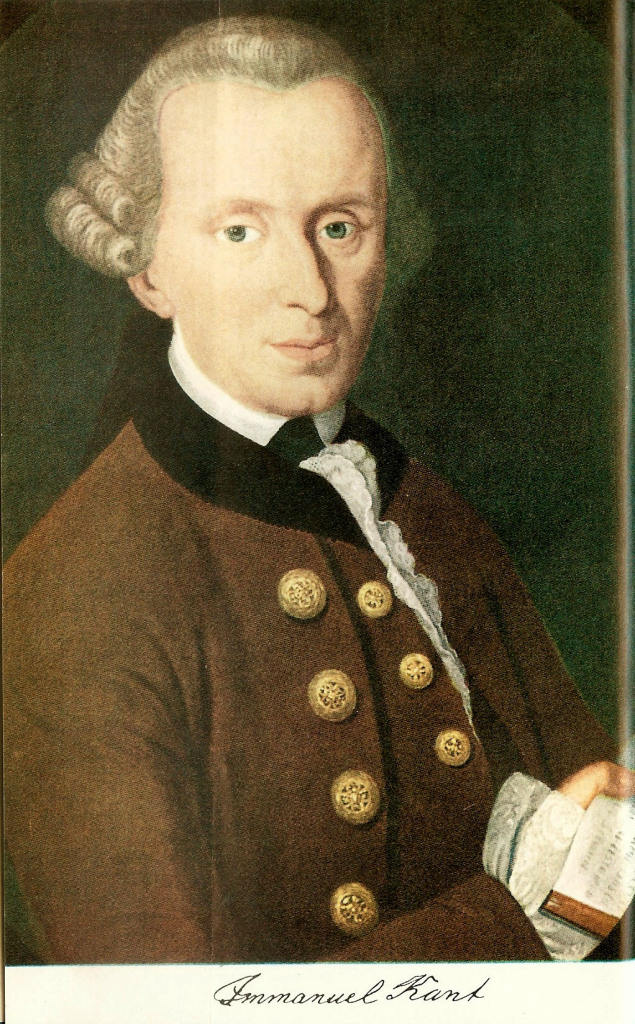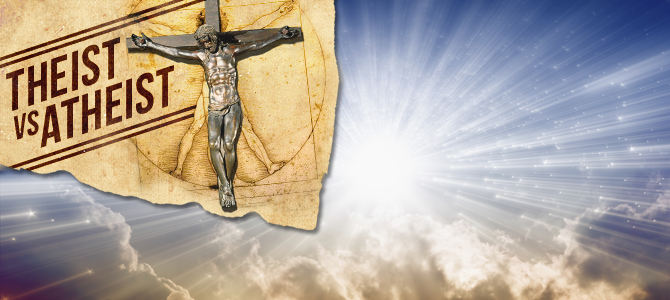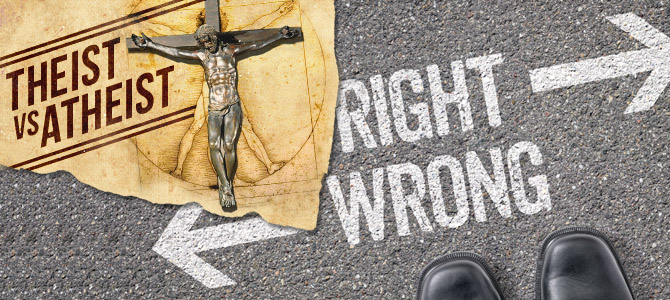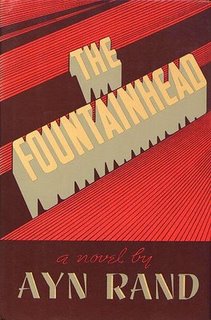Galileo and the Early Modern Compromise in Philosophy
[In my Introduction to Philosophy course this week, we are reading and discussing Galileo Galilei’s attempt to reconcile the new science with traditional religion. The text of his Letter is at my Texts in Philosophy page.] In his open letter to the Grand Duchess Christina (1615), Galileo offered a defense of science against the prevailing […]
Galileo and the Early Modern Compromise in Philosophy Read More »
